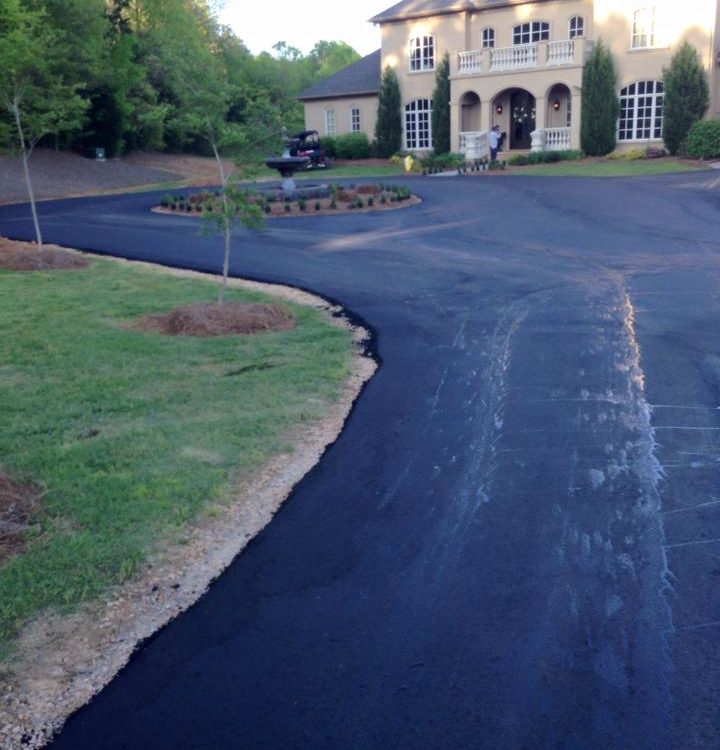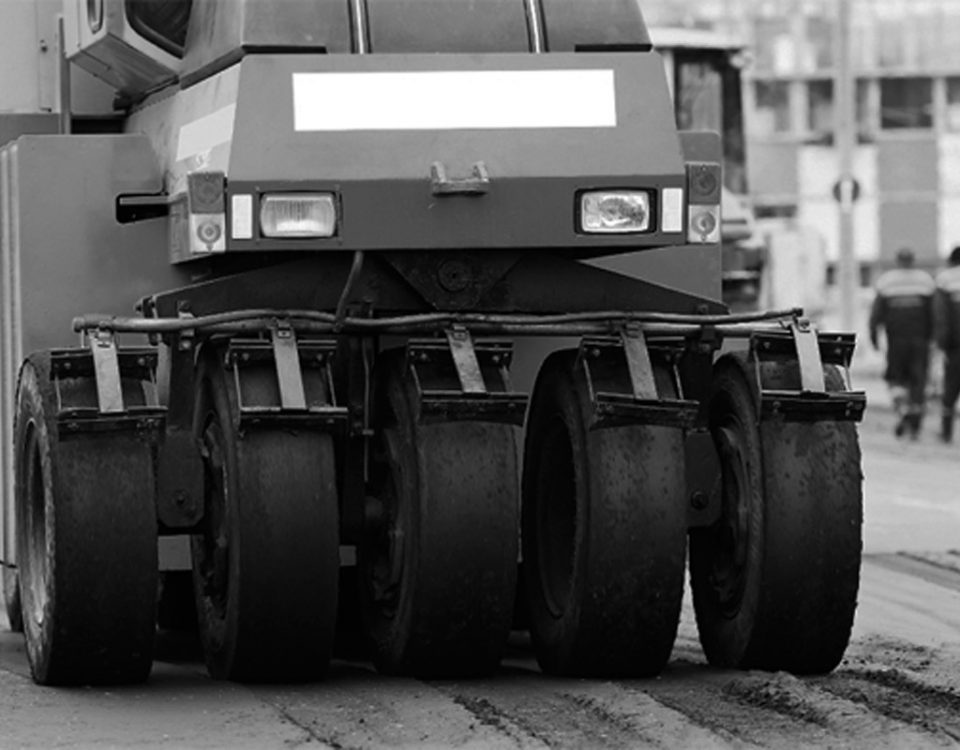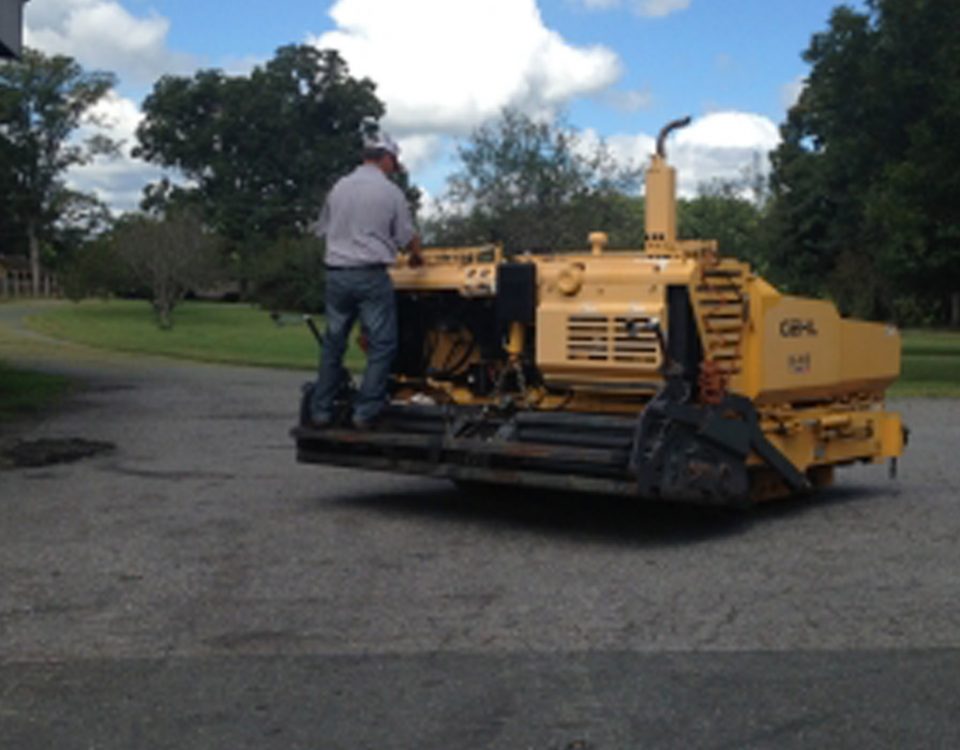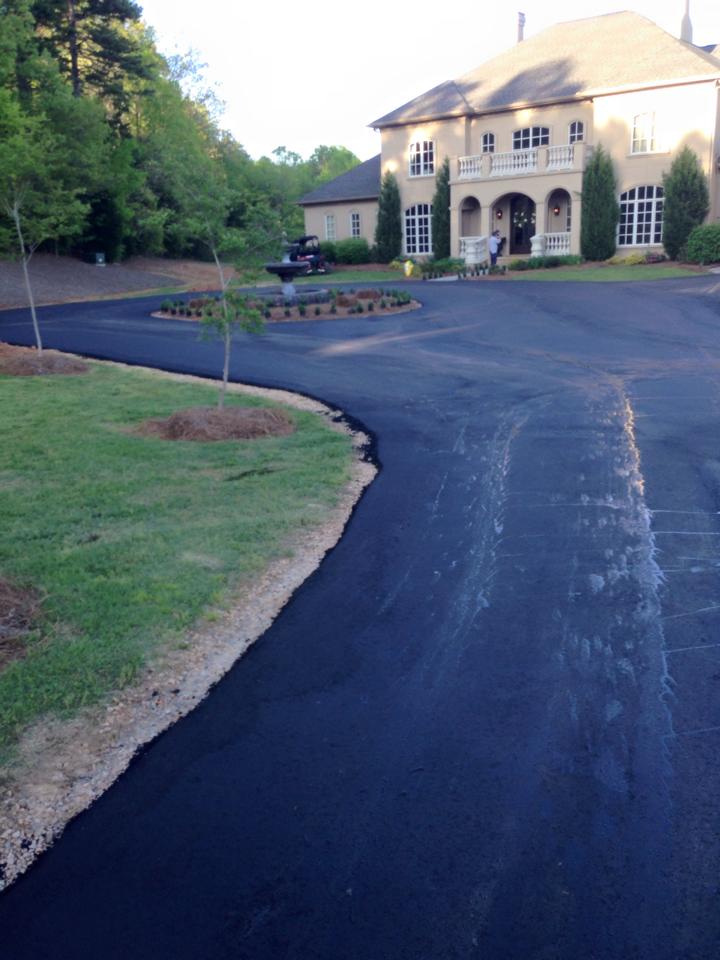
What is the Difference Between Asphalt and Concrete Parking Lots?
June 22, 2016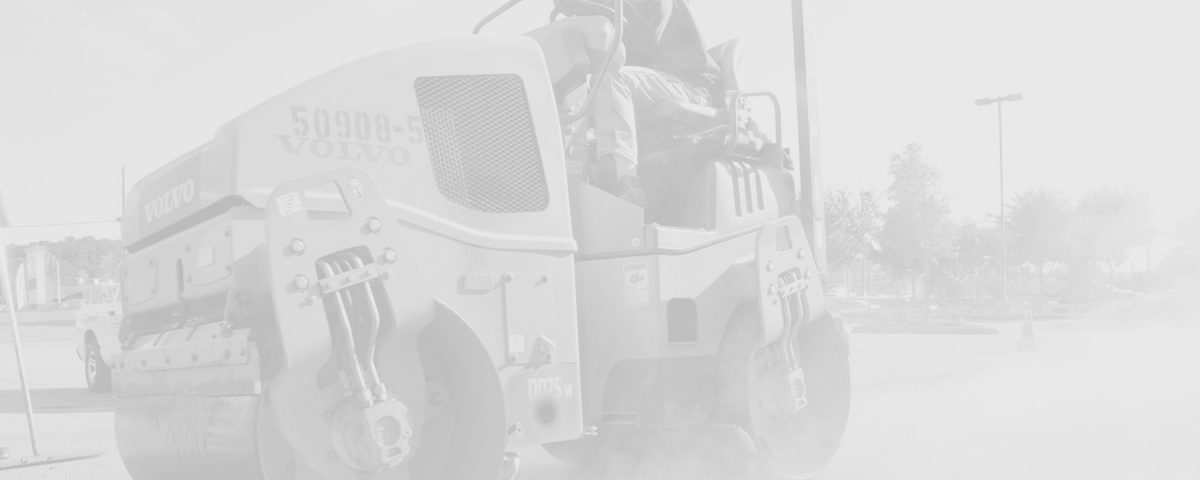
Concrete is a popular choice for parking lots and driveways. It lasts long and is pretty low-maintenance. Concrete can be shaped in various patterns, painted or tinted, heavily brushed or lightly smoothed, and allows quite a bit of customization.
Then there is asphalt, which requires a little more maintenance than concrete, is not as customizable, and doesn’t have as large a lifespan as concrete. But it is the better choice of hard surface, and here’s why:
Asphalt offers very good value for your money
An asphalt driveway can cost about $2-$5 a square foot, and $1,200 – $3,000 for a 12’x50′ single-car driveway. A basic concrete driveway can cost $3-$10 or more a square foot, or $2,900-$9,600 for a 24’x40′ driveway.
The problem with concrete is that it cracks in warm climates. Large cracks cannot be repaired; you’ll need to replace the surface, which will end up being another big expense, and an undesirable one if you’re forced to replace the surface within a couple of years.
Asphalt needs more upkeep than concrete, but repairs can be performed easily. Most of the time, it involves filling and sealing cracks and holes. Another advantage is that oil stains are not so visible on asphalt, while they are more noticeable on concrete driveways. Snow removal on asphalt surfaces is also less of a chore; this is an important point to consider if you experience long and severe winters.
Asphalt has a short curing time
The practical reason for using asphalt for roads is that it cures quickly and is ready for use almost immediately after the cooling and drying process. What it means for you – the homeowner – is that your asphalt driveway will be completed quickly. The reverse is true for concrete, which takes a week to cure, and requires a waiting period prior to use.
Asphalt is a green choice
Asphalt is a residue of the oil refining process. The liquid asphalt byproduct produced at gasoline and diesel refineries is used for making asphalt at asphalt plants. However, asphalt is also fully recyclable. Old asphalt from driveways, roadways and parking lots can be removed and recycled back into new asphalt at asphalt plants. This is not possible with concrete; at the most, it can be crushed and applied as a rock base below new concrete on roadways and driveways.
Asphalt is a reliable material for hard surface applications – it is a safe choice that delivers your dollar’s worth of durability and functionality.

